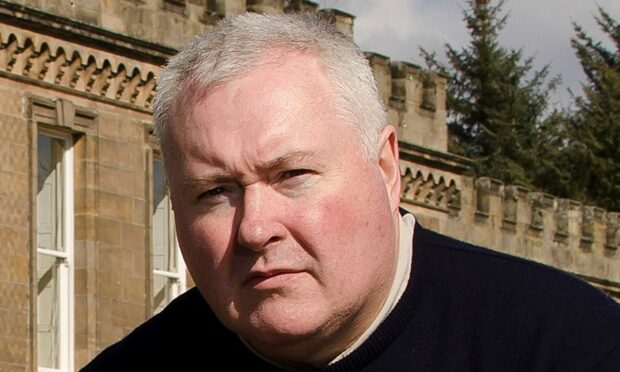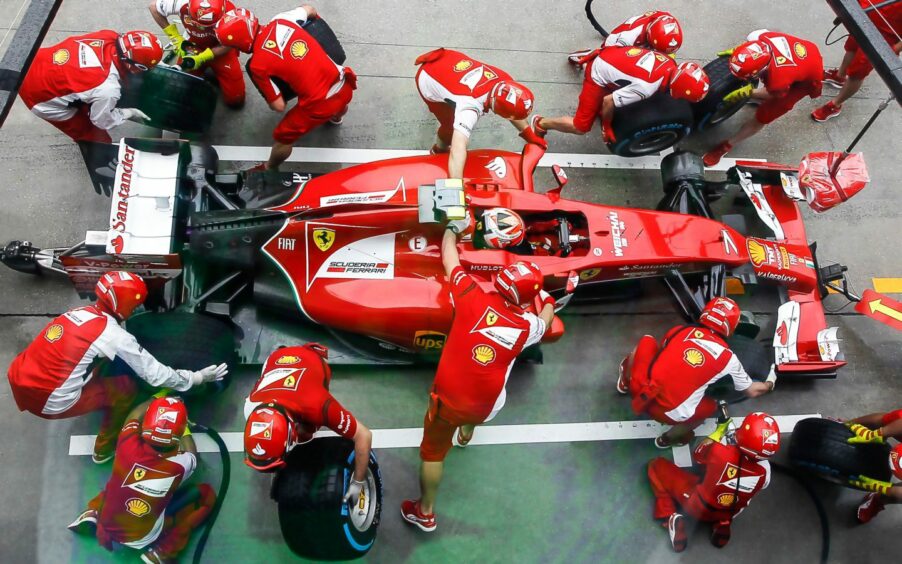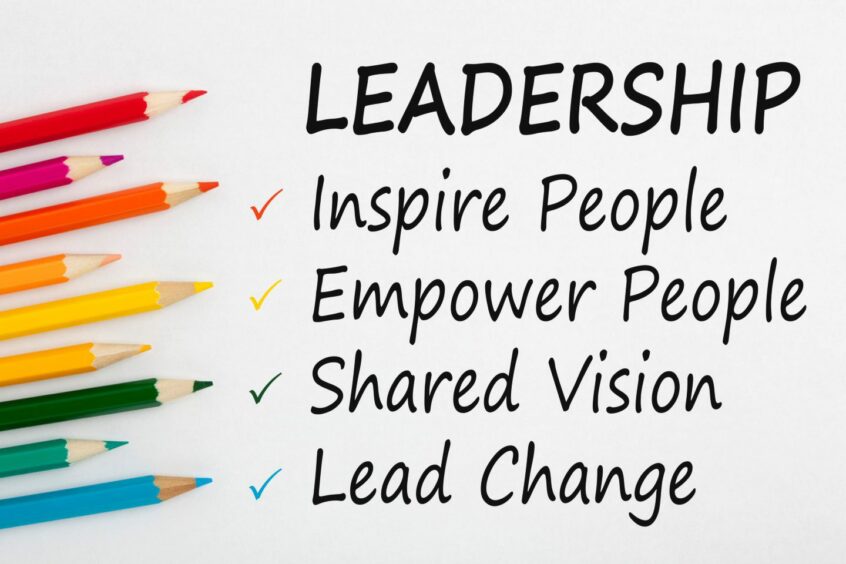In today’s fast-paced and ever-changing landscape, it’s more important than ever for businesses to have strong leadership that can make a difference for their people and bottom line.
In a buyers’ market prospective employees are looking for companies that stand out from the crowd.
Businesses need to offer more than just better pay and benefits to attract top talent.
They need to have a strong company culture that supports the workforce – where people enjoy their work and feel their contributions matter, a workplace where there are opportunities to develop and grow.
Good leaders good for business
This is where strong leadership and engagement at all levels come into play.
Investing in management and leadership development is crucial in strengthening organisational performance.
Research from the Chartered Management Institute shows firms that invest in such programmes see, on average, a 23% increase in organisational performance and a 32% rise in people performance, with small and medium-sized enterprises benefiting most.
By improving leadership skills and fostering a positive company culture, firms can quickly see the impact on their bottom line.
Investing in management and leadership development programmes is crucial in strengthening organisational performance.”
Even businesses that already excel in their industry recognise that advanced leadership skills are required to engage and sustain their workforce, and that collaboration and team performance are key to a successful outcome.
For any business, it’s essential to advance the people skills of those leading teams and divisions in the organisation.
Think of high performing teams like an F1 pit stop crew or the perfect orchestra. Have you ever dreamt about what it would mean to be that effective in your organisation?
Every business has their equivalent, but such success requires a particular energy and drive at all levels. In the first instance, this should raise a question for any firm about what opportunities there are to grow the people skills of those leading teams and divisions.
Whether advancing your business means better, bigger or more profitable, you will want your leaders at all levels to improve the way teams connect, share best practice and collaborate. Some will find this easier than others, and some will need support to bolster their understanding and confidence.
People skills vital at every level
In the past, many businesses tended to promote people for their technical ability and achievements, without considering management training or leadership skills.
But as diversification and growth become more important, executive teams realise leadership skills are needed at every level to engage people and retain talent. By advancing people skills and raising understanding of the commercials, they can empower employees to lead teams or specialist projects, implement and drive change, and, ultimately, improve their company culture.
Advanced leadership skills also help to implement and drive change.
McKinsey Group did a study some years ago looking at the percentage of change programmes that fail to meet the timeline or budget. It came up with a whopping figure of 70% for projects that fail to meet their goals. This, the study showed, is most often due to a lack of understanding among employees about why a change is happening, or because managers did not get behind and lead the change in the way that was expected.
Fact: When people are invested in a change it will get greater traction and take effect much more quickly.
What makes a good leader?
The quintessential leader in any modern business must be forward-thinking, inclusive, and inspiring to others. Possessing technical knowledge can support their credibility, but people skills play strong. Repeated studies link strong levels of trust and communication with growth. These are what underpin great leadership and any strong culture.
In thriving organisations, leaders at all levels understand the impact their behaviours can have, and find better ways to engage, support and motivate their teams. By helping to harmonise activity across the organisation, they can improve respect within teams, reduce conflict, and improve the outcomes of operations and projects.
Fact: When people are invested in a change it will get greater traction and take effect much more quickly.”
To make progress it’s essential to identify strengths and areas for improvement, and then make necessary adjustments to benefit everyone.
There is a variety of profiling tools and expertise available to help improve behaviours and team performance. Albeit some habits need to develop, some approaches can have an immediate impact in helping communication and reducing conflict.
There has been a substantial uptick in demand from those offering leadership development and team coaching. Businesses should work with their human resources (HR) teams to identify future leaders, and invest in developing such talent to drive higher performance and excellence.
‘Miniscule’ investment required
The potential returns far outweigh the investment needed, which is minuscule in comparison.
Remember, investing in leadership development can add about 20% to a business’s bottom line, making it very worthwhile.
In conclusion, businesses must recognise the importance of strong leadership in today’s market conditions.
To attract top talent and maintain success they need to foster a positive company culture that engages and retains employees.
Investing in leadership development can improve organisational and people performance, create a more invested workforce that can quickly embrace change, and, ultimately, improve a business’s bottom line.
I would encourage executives to ask what their leaders at all levels are doing to advance the concepts of high performance and excellence. As a chief executive friend of mine is often quoted as saying, “there is nothing to stop us being world-class in all that we do”.
Willie MacColl has worked at an executive level for more than 20 years and now runs his own organisational improvement and development consultancy, Aberdeenshire-based Glenbrex. He won the top gong at last year’s cHeRries Awards for HR professionals.




Conversation